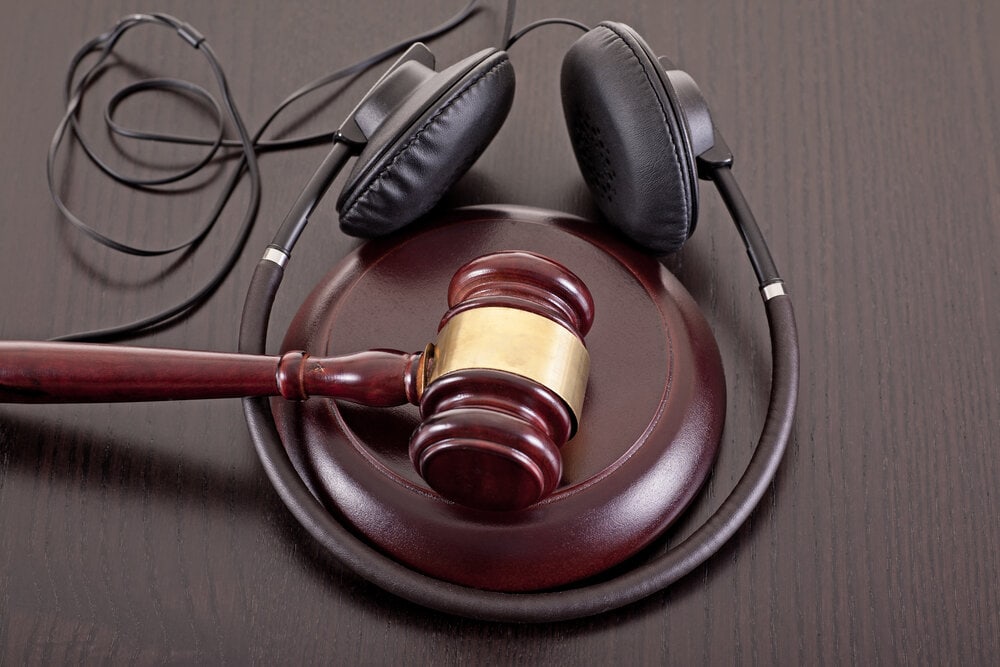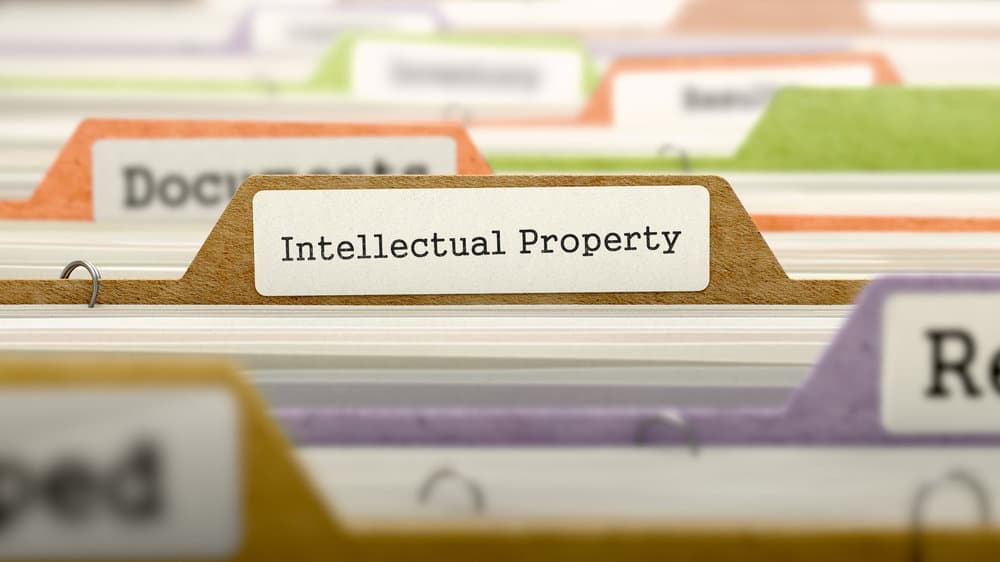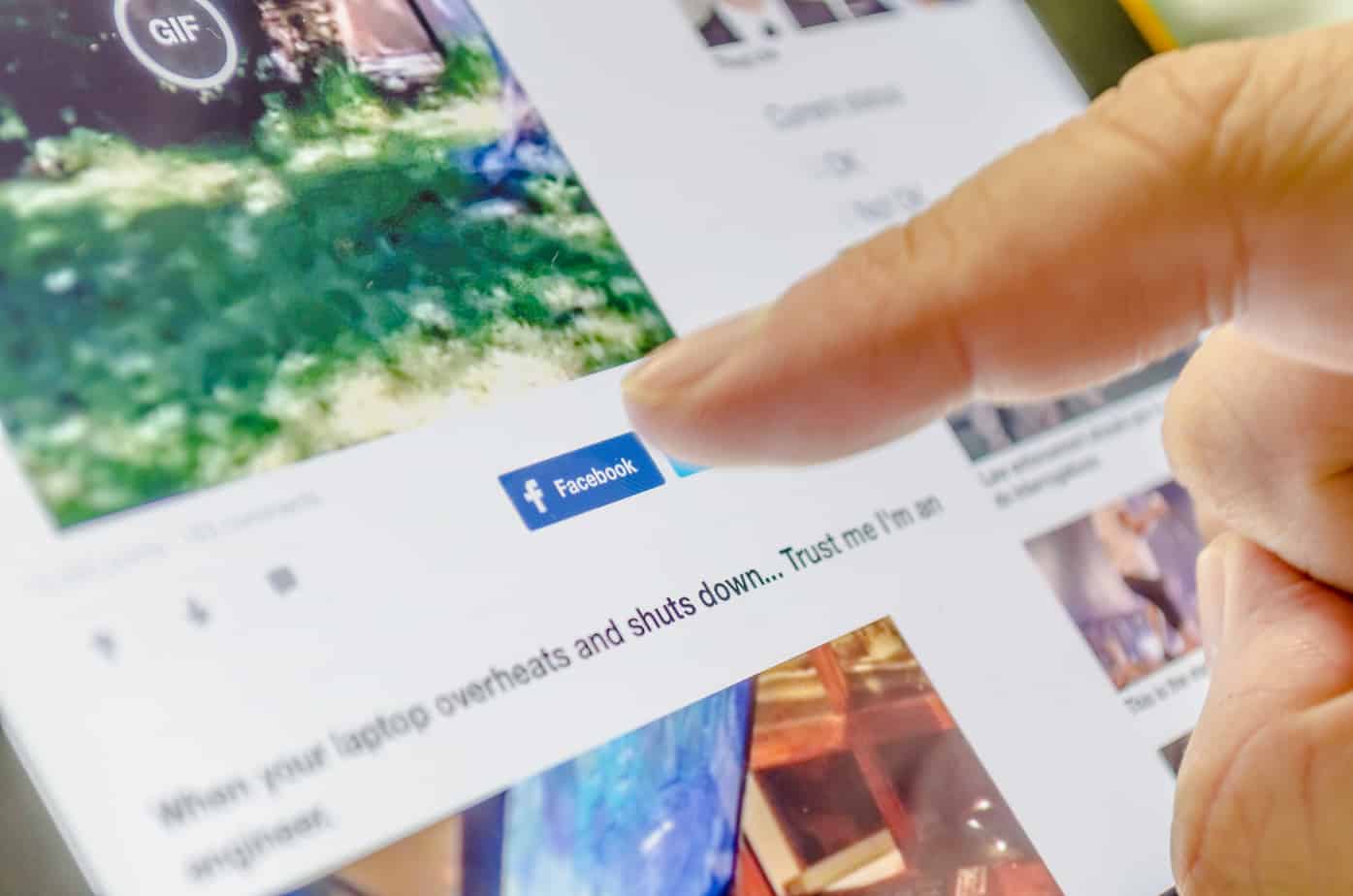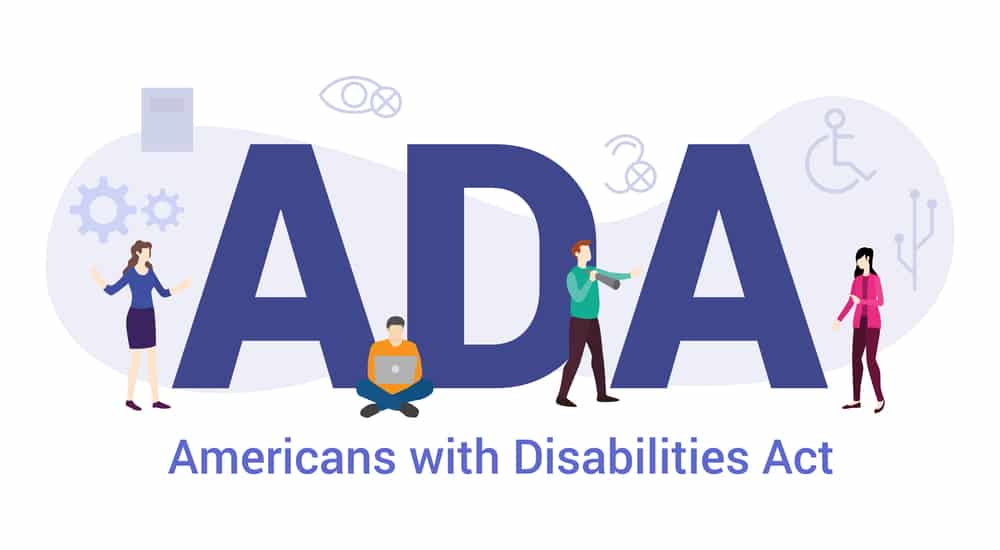Copyright is essential to music distribution that every artist, producer, and distributor should understand. It provides creators with legal protection for their original works and enables them to control music distribution, usage, and monetization.
Here are some key points to consider to help you grasp the fundamentals of copyright in the music industry.
What Is Copyright?
Copyright is a form of intellectual property protection granted to original creative works, including music compositions, lyrics, sound recordings, and performances. It gives creators the exclusive rights to reproduce, distribute, publicly perform, and display their work.
Copyright protection arises automatically upon creation, meaning that as soon as an original work is fixed in a tangible form (written down or recorded), it is protected by copyright law. However, registering your work with the appropriate copyright office provides additional benefits, such as the ability to file lawsuits and claim statutory damages.

Rights of Copyright Owners
Copyright grants several exclusive rights to the owners of the protected work. These rights include the right to reproduce the work, create derivative works based on the original, distribute copies to the public, perform the work publicly, and display the work publicly.
These rights give creators control over their music and allow them to monetize it through various means, such as licensing, royalties, and distribution deals. Artists must understand these rights to protect their interests and negotiate fair deals in the music industry.
Fair Use and Exceptions
While copyright grants exclusive rights to creators, it is not absolute. There are certain exceptions and limitations to copyright, known as “fair use.” Fair use allows limited use of copyrighted material without seeking permission from the copyright owner, typically for purposes such as criticism, commentary, news reporting, teaching, and research.
However, determining what constitutes fair use can be subjective and depends on factors such as the use’s purpose, nature, amount, and effect. It is always wise to consult a legal professional if you are uncertain whether using copyrighted material falls under fair use.
Digital Copyright and Online Distribution
With the advent of digital technology and the internet, copyright issues have become more complex in the music industry. Digital copyright refers to the protection of digital music files and the control over their distribution and use. Digital rights management (DRM) technologies and licensing agreements play a vital role in regulating digital music distribution.
Streaming platforms, online stores, and social media platforms have licensing agreements with copyright owners to ensure proper compensation and protection of their works. Artists and distributors must understand these agreements and technologies to navigate the digital landscape effectively.
Copyright Infringement and Enforcement
Copyright infringement occurs when someone violates the exclusive rights of a copyright owner without permission or proper licensing. It can range from unauthorized copying, distribution, or public performance of copyrighted music to sampling without clearance or using copyrighted material in derivative works.
Copyright owners can enforce their rights through legal action, seeking damages and injunctions against infringers. The process can involve sending cease-and-desist letters, filing lawsuits, or pursuing alternative dispute-resolution methods. Registering your work with the copyright office strengthens your position in copyright infringement cases.
International Copyright Protection
Copyright protection extends beyond national borders. Many countries have signed international copyright treaties and agreements to ensure that works created in one country are protected in others. The Berne Convention for the Protection of Literary and Artistic Works and the World Intellectual Property Organization (WIPO) Copyright Treaty are examples of international agreements harmonizing copyright laws globally.
Understanding international copyright protection is crucial for artists who want to distribute their music internationally, as it helps them navigate the legal requirements and ensure their works are properly protected in different jurisdictions.
Creative Commons Licenses
While copyright grants creators exclusive rights, some artists allow certain uses of their works through Creative Commons licenses. Creative Commons licenses provide a standardized way for creators to permit for others to use their works under certain conditions.
These licenses range from allowing free distribution and use for non-commercial purposes to permitting modifications and adaptations of the original work. Creative Commons licenses can be a valuable tool for artists who want to share their music while still maintaining some control over its use and ensuring proper attribution.
Learn the Facts About Copyright in Music
Copyright is a fundamental aspect of music distribution that empowers artists to protect their creations, control their use, and monetize their talent.
With a solid grasp of copyright principles, artists, producers, and distributors can navigate the ever-changing music landscape and be rewarded. Remember, staying informed and seeking professional advice when needed is key to ensuring that your music is protected in today’s world.
Tips:
- Copyright protection exists automatically when an original work is fixed in a tangible form.
- Registering your work with the appropriate copyright office provides additional benefits.
- Fair use allows limited use of copyrighted material without seeking permission from the copyright owner.
- Digital rights management (DRM) technologies and licensing agreements regulate digital music distribution.
- Copyright infringement occurs when someone violates the exclusive rights of a copyright owner without permission or proper licensing.
- International copyright treaties and agreements ensure that works created in one country are protected in others.
- Creative Commons licenses allow creators to permit others to use their works under certain conditions.
- Seek professional advice to ensure your music is properly protected.
- Stay informed to make the most of your music in today’s world.
- Understand your copyright rights and use them to your advantage.
FAQs
What is copyright?
Copyright is a form of intellectual property law that grants exclusive rights to creators and owners for their original works, such as music. These rights include the right to reproduce, distribute, perform, and adapt the work.
How do I know if using copyrighted material falls under fair use?
Determining what constitutes fair use can be subjective and depends on the user’s purpose, nature, amount, and effect. It is always wise to consult a legal professional if you are uncertain whether using copyrighted material falls under fair use.
What is digital copyright?
Digital copyright refers to the protection of digital music files and the control over their distribution and use. Digital rights management (DRM) technologies, licensing agreements, streaming platforms, online stores, and social media platforms regulate the digital music landscape.
What is copyright infringement?
Copyright infringement occurs when someone violates the exclusive rights of a copyright owner without permission or proper licensing. This includes unauthorized copying, distribution, or public performance of copyrighted music to sampling without clearance or using copyrighted material in derivative works.
What are Creative Commons licenses?
Creative Commons licenses provide a standardized way for creators to permit others to use their works under certain conditions. These licenses range from allowing free distribution and use for non-commercial purposes to permitting modifications and adaptations of the original work.
What are the benefits of registering a copyright?
Registering your work with a copyright office strengthens your position in copyright infringement cases. It also provides additional benefits such as the ability to sue for monetary damages, increased public awareness of your work, and evidence that you were the first owner of the work.
Do I need permission to use copyrighted material?
Yes, unless using it falls under fair use or if you have specific permission from the copyright owner. In most cases, seeking permission and licensing is necessary to use copyrighted material legally. Additionally, remember always to attribute any material used when applicable properly.



